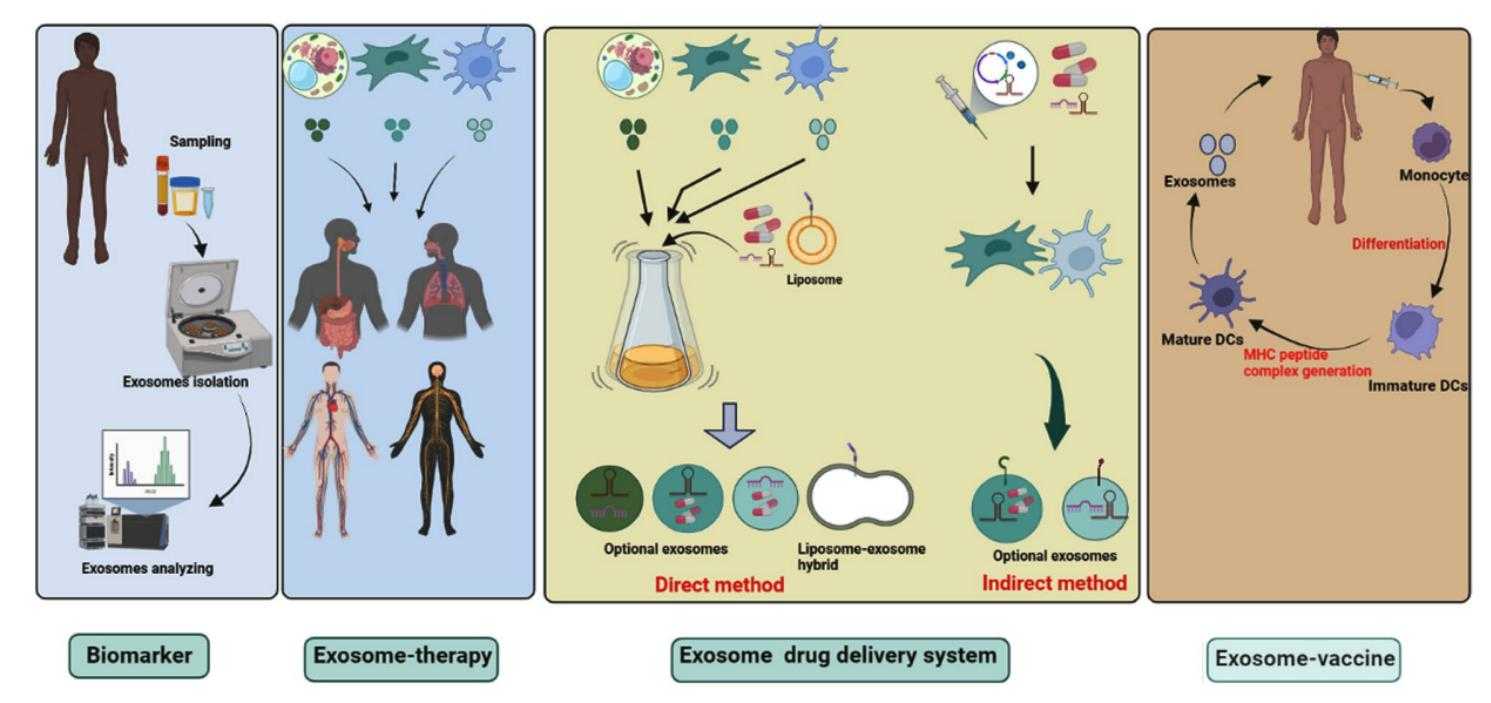
-
Services
- Exosome Isolation
- Exosome Purification
- Exosome Characterization
- Exosome Quantification
- Exosome Profiling
- Exosomal Proteomic Detection
- Exosome Lipidomics & Metabolomics
- Exosome Engineering
- Exosome Manufacturing
- Exosome Antibody Development
- Exosome Display
- Exosome - NGS
- Exosome In Vitro Functional Research
- Exosome In Vivo Functional Research
- Extracellular Vesicle Research
- Single-Cell & Exosome Combined Research
- Tissue Exosome Research
- LipidSync Exosome Development
- Premium Stem Cell-derived Exosome Production
-
Exosome Products
- Exosome Isolation Tools
- Exosome Capture & Quantification Kits
- Exosome Antibodies
- Exosome Standards
- Exosome Labeling Kits
- Exosome Surface Modification Kits
- Exosome Identification Kits
- Exosome Marker cDNA Plasmids
- Exosome Release Modulation Reagents
- LipidSync™ Exosomes
- Milk-Derived Exosomes
- UCMSC-derived Exosomes
- Plant-derived Exosomes
- Applications
-
Supports
- Webinars
- Frequently Asked Questions (FAQs)
- Podcast
- Therapeutic Exosomes
- Plant Exosomes
- Microbial Exosomes
- Exosomes and Three-dimension Culture
- Introduction to Current Exosome Administration Modes
- Exosome-based Delivery Vehicle Feature Summary
- Exosome Pharmacokinetic Characteristic Summary
- Exosome Distribution Summary
- Exosome Carrier-enhanced Cellular Internalization Advance Summary
- Exosome Carrier-enhanced Crossing of Biological Barriers Advance Summary
- Selection Strategies of Internal and External Parameters in Exosomal RNA Detection
- Exosome Communication between Tissues Advance Summary
- Company
 Fig. 1 Clinical applications of
exosomes.1
Fig. 1 Clinical applications of
exosomes.1









